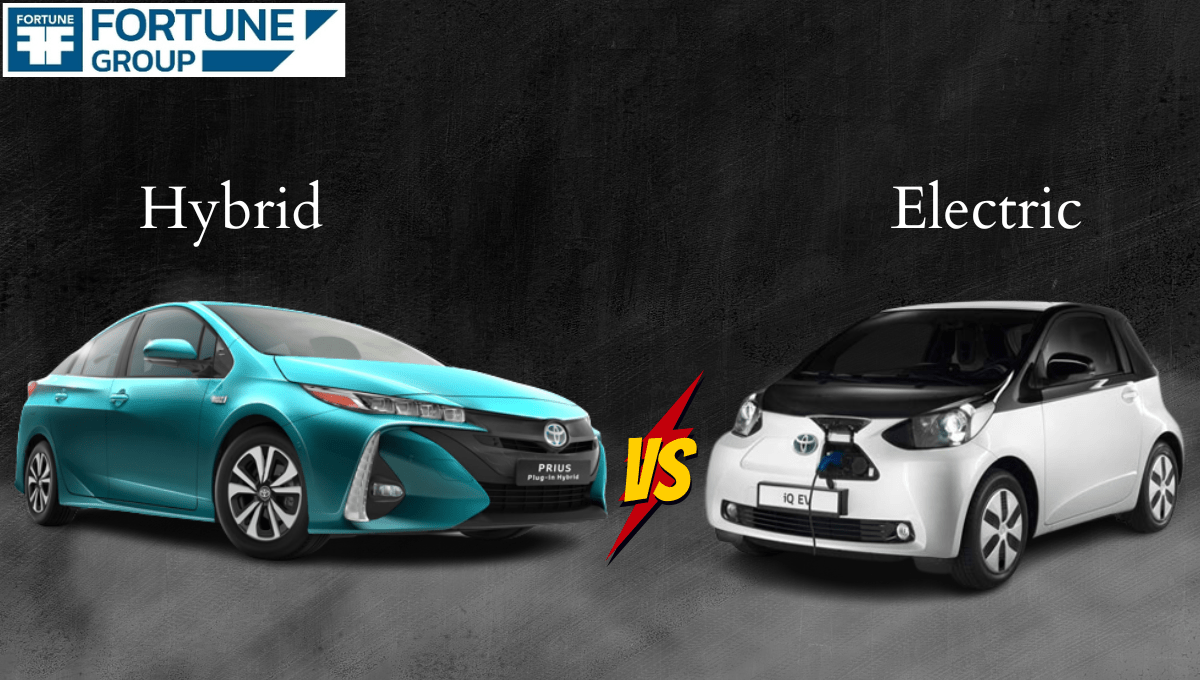In an era of increasing environmental awareness and technological advancements, the choice between hybrid and electric cars has become a pivotal decision for many consumers. Both options offer significant benefits and unique considerations, making it essential to understand the nuances before making a decision. This article provides an in-depth comparison of hybrid and electric vehicles, shedding light on their advantages, limitations, and key factors to consider.
Benefits of Hybrid Vehicles:
Fuel Efficiency and Range: Hybrid cars combine an internal combustion engine with an electric motor, resulting in improved fuel efficiency and extended driving range compared to traditional gasoline vehicles.
Reduced Emissions: Hybrids emit fewer greenhouse gases and pollutants than conventional vehicles, contributing to a cleaner environment and reduced carbon footprint.
Regenerative Braking: Hybrid vehicles use regenerative braking technology to capture energy during deceleration and store it in the battery, enhancing overall efficiency.
No Charging Infrastructure Required: Unlike electric cars, hybrids do not rely solely on charging stations, making them more suitable for areas with limited charging infrastructure.
Drawbacks of Hybrid Vehicles:
Limited Electric-Only Range: Most hybrids have a limited electric-only range, relying on the internal combustion engine for longer distances.
Less Environmental Impact Than Electric Cars: While hybrids are more eco-friendly than traditional cars, they still rely on gasoline, which limits their environmental impact compared to all-electric vehicles.
Less Government Incentives: Governments often provide greater incentives and subsidies for fully electric vehicles, reducing the financial benefits of choosing a hybrid.
Benefits of Electric Vehicles (EVs):
Zero Emissions: Electric cars produce no tailpipe emissions, contributing to air quality improvement and a significant reduction in greenhouse gas emissions.
Lower Operating Costs: EVs have lower operating costs compared to internal combustion engine vehicles due to cheaper electricity prices and fewer maintenance requirements (no oil changes, for instance).
Instant Torque and Quiet Operation: Electric motors provide instant torque, resulting in quick acceleration. Additionally, EVs offer a quieter and smoother driving experience.
Environmental Incentives: Many governments offer tax incentives, rebates, and preferential parking for electric car owners, reducing the initial cost of ownership.
Drawbacks of Electric Vehicles (EVs):
Charging Infrastructure: The availability of charging stations is still developing in many regions, which can be inconvenient for long trips or urban dwellers without home charging setups.
Limited Range: While range is improving, EVs generally have a lower driving range compared to traditional cars, making long road trips a potential challenge.
Initial Cost: Electric cars often come with a higher upfront cost compared to traditional vehicles, although this is gradually decreasing with advancements in battery technology.
Considerations for Choosing:
Usage Patterns: Consider your daily driving habits and whether you can manage with an EV’s range. Hybrids might be more suitable for those who frequently undertake long journeys.
Charging Infrastructure: Evaluate the availability of charging stations in your area and along your common routes.
Environmental Concerns: If reducing your carbon footprint is a top priority, an EV might be the more appealing choice.
Financial Incentives: Research government incentives and rebates that may offset the initial cost of an electric vehicle.
The choice between hybrid and electric vehicles depends on your driving needs, environmental concerns, and financial considerations. Hybrids offer versatility and extended range, while electric cars provide zero-emission driving and lower operating costs. Evaluate your circumstances, weigh the benefits and drawbacks, and make an informed decision that aligns with your preferences and lifestyle.




